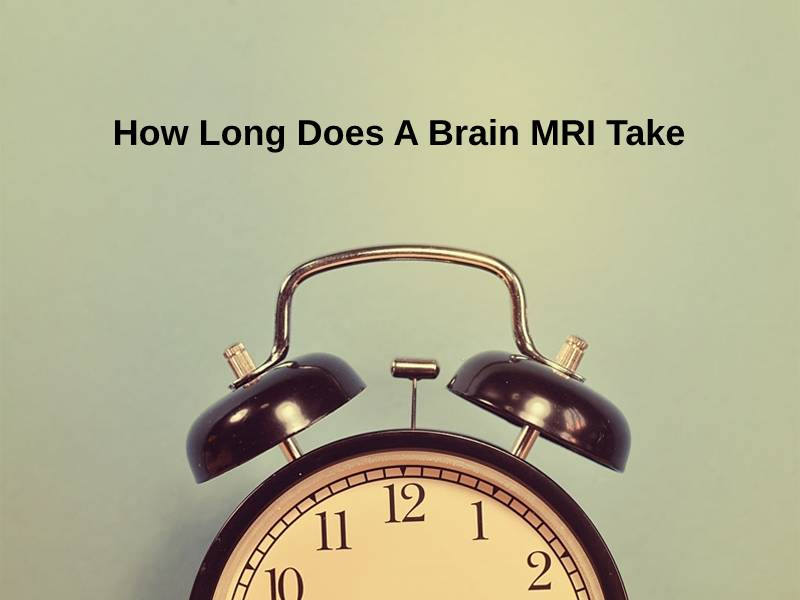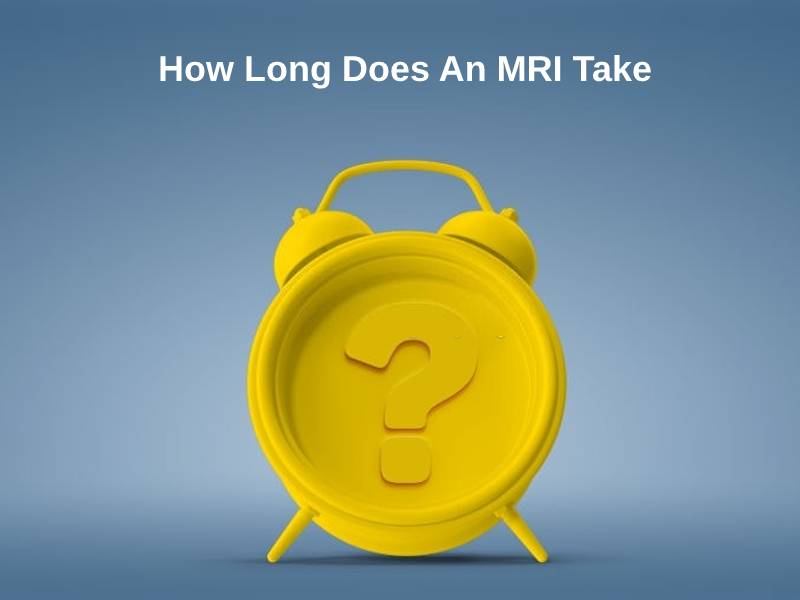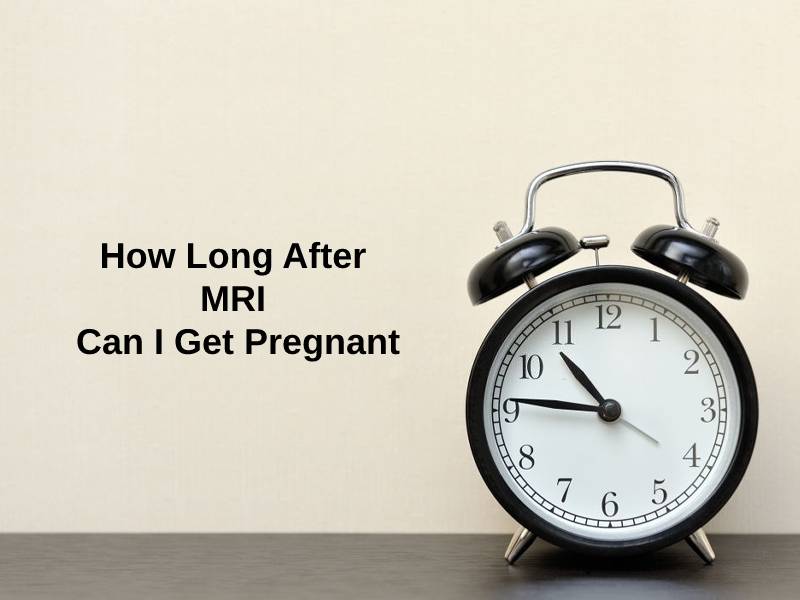Exact Answer: 30 to 60 minutes
Brain MRI is a non-invasive imaging procedure that produces comprehensive images of your brain and surrounding tissues. The pictures are formed by a magnetic field and radio waves in an MRI machine. MRI allows your doctor to view your brain without the need for surgery to check for disorders or damage. These photos can help your doctor make a diagnosis and prescribe the best treatment for your problem.
An MRI scan differs from a CT scan or an X-ray in that it does not create pictures using radiation. An MRI scan combines pictures to generate a three-dimensional representation of your interior structures, making it more successful than other scans at detecting problems in microscopic brain areas like the pituitary gland and brain stem.

How Long Does A Brain MRI Take?
An MRI of the brain takes 30 to 60 minutes. If the contrast is used, the exam may take longer.
| Types of MRI’s | Time taken |
| Brain MRI | 30 – 60 minutes |
| Cardiac MRI | 90 minutes |
MRI creates a picture of your brain using strong magnets, radio waves, and a computer. MRI pictures are more exact and sharper than other types of diagnostic imaging. When you enter an MRI scanner, your body is exposed to a powerful magnetic field, which forces your hydrogen protons to realign. Chemical changes occur in your body’s tissues as a result of this. The protons emit energy as they return to their original orientation. This energy is captured by the MRI scanner and used to make images. A signal is sent through radio waves to a computer, which subsequently processes MRI pictures.
MRI machine is a magnet that can interact with metals, resulting in a distorted image. Consequently, it’s essential to leave metal things at home or remove them before entering the scanning area before your visit. Braces and dental fillings are harmless, while pocket knives, piercings, pencils, pens, and some dental equipment might cause problems. The doctor may ask you to wear gowns or clothes without metal seals. Electronic devices are not allowed in the MRI room.
If you have an inner ear implant, an implantable cardiac, gunshot wound, or massive stroke, make sure your doctor and medical staff are aware of these before your MRI. All of these factors can have an impact on how safe an MRI is for you. The intense magnetic field produced by MRI can cause implants and pacemakers to cease operating correctly.
An MRI is a useful tool for identifying brain problems because it produces clear images of soft tissues. Muscles, fat, blood vessels, nerves, and other body components refer to soft tissues. For today’s brain scans, MRI is the most sensitive imaging technique.
MRI can assist your doctor in making an early diagnosis of a variety of diseases. Stroke, brain tumors, swelling, hormonal problems, spinal cord injury, and blood clots are just a few of the illnesses that can be detected by brain MRI. Vision problems, dizziness, epilepsy, difficulty speaking, chronic headaches, and hearing loss are some of the symptoms that your doctor may require an MRI to determine the cause.
Why Does A Brain MRI Take That Long?
Brain MRI takes a long time because the system’s enormous magnetic field aligns all of the body’s protons. Every (volume pixel) of the picture must be tuned and exited by an external radio frequency signal (a form of scanning radar) to listen to extremely weak signals of nuclear spins (nuclei of the hydrogen atom, which are common in the body).
After the MRI exam, you can change your clothes and leave the testing site. If you were given medication for the test, you could be sent to a recovery area until you wake up, which might take around one to two hours. Your MRI scan will be analyzed by a radiologist, who will then provide the results to your doctor.
Let your doctor know if you see any redness, swelling, or soreness around the injection sites since this might be a symptom of a reaction or allergy. You may also experience some discomfort because of being made to lie motionless throughout the process, particularly if someone has had surgery or had an injury.
Conclusion
The magnetic resonance imaging (MRI) technique is a safe way for scientists to learn a lot about the anatomy and function of the brain. Radiation isn’t used in MRI. A brain MRI takes 30 to 60 minutes to complete. Brain MRI allows your doctor to evaluate blood flow and fluids surrounding the brain, which can aid in the diagnosis of artery and vein anomalies in the brain.




















